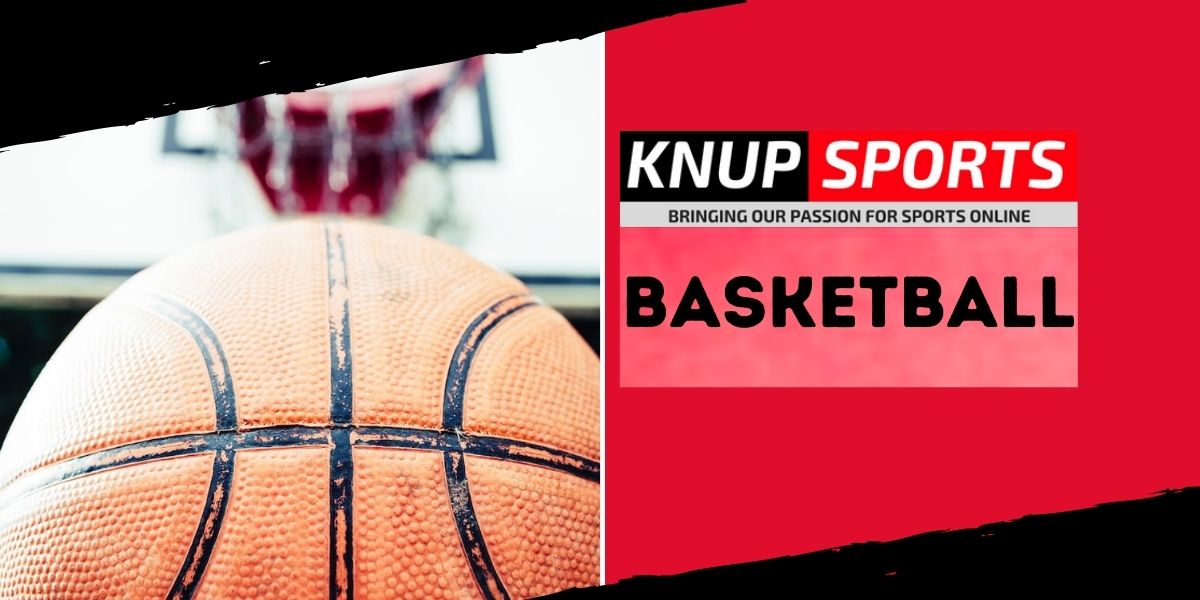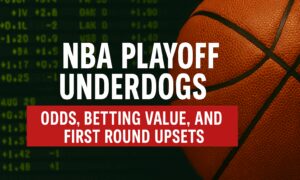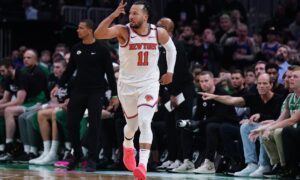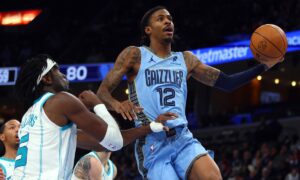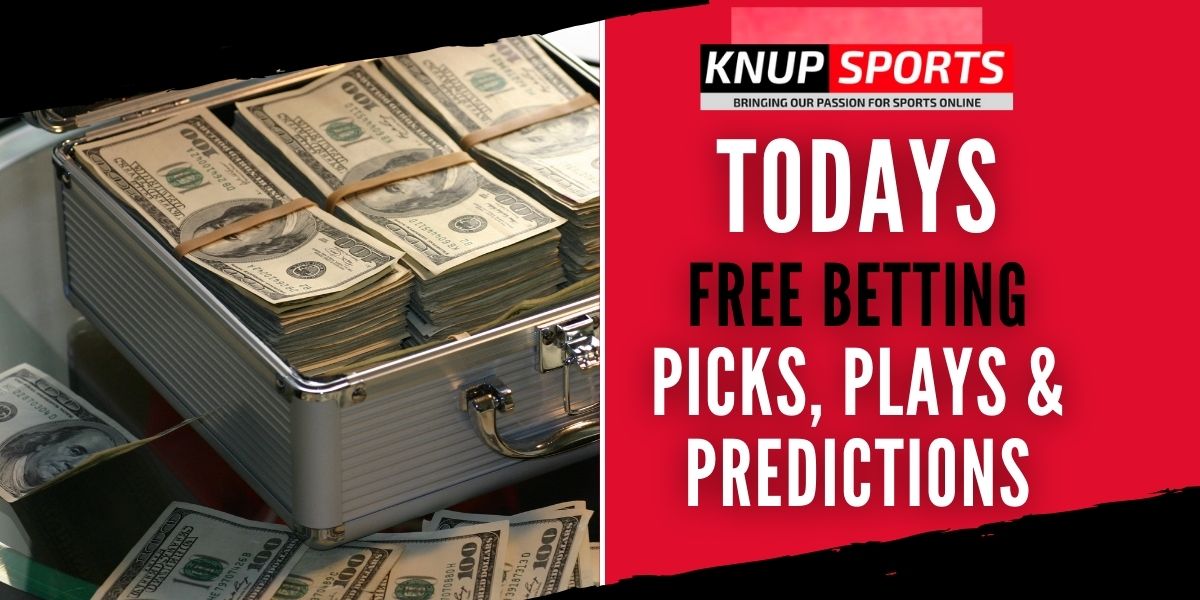Today, we are here to talk about the potential narrative of NFT tickets becoming the next big thing in the sports and digital art industry!
What is an NFT?
Let’s answer this basic question before diving into anything else: an NFT is a non-fungible token, which essentially means that there is no NFT exactly like another.
Think of it as if you traded your Oreos for your friend’s Fruit Roll-Up at the school lunch— the common link to them is that they are a “snack” just as an NFT is a “collectible,” but the individual items are their own distinct entities.
How Does it Work?
NFTs are tied to blockchain technology, which is a decentralized transaction log that notes the origin of various digital assets. This means that every NFT is guaranteed to be one-of-a-kind because of the authenticity tied to the ledger.
So, what does this have to do with the NBA and ticket sales? I am glad that you asked!
After the rise of a cryptocurrency called Dogecoin, an irregular form of crypto that exploded because of its presence on social media despite having a fluctuating total supply, Dallas Mavericks owner Mark Cuban doubled down on forward-thinking digital transactions and began to promote the idea of NFT tickets.
“With the [Mavericks], we’re trying to find a good option for turning our tickets into NFTs,” said Cuban. “There is no limit to the value we can add.”
I am sure that many of you are wondering “where is this value coming from?” Simply put, it comes from itself. Let me explain.
The Value
One dollar in Manhattan, New York is one dollar in Jackson, Mississippi, the same way it is one dollar in Portland, Oregon, or anywhere else in the United States.
By merging an NFT with ticket sales, the simple task of gaining entrance to an NBA game would be accomplished by purchase for a certain amount of money, but the resultant NFT ticket would be its own distinctive piece of art unlike any other held by patrons of the Mavericks, or any team for that matter.
When are NFT Tickets Going Live?
“We will start doing it this coming [2021-22] season, where we’ll issue an NFT after you’ve chosen your ticket on Ticketmaster or whatever,” said Cuban. “[We want to know] how to take NFTs and apply them to new businesses so you can disrupt them.”
Perhaps the keyword in Cuban’s remarks is “disrupt” because that is exactly what NFTs are: a disruption. For many, the concept of purchasing digital art that can remain unique is completely foreign. After all, what would prevent someone from screenshotting their NFT and posting it online?
Frankly, nothing, but that does not diminish the value of the NFT. This situation is the same as when lower-level distributors produce knock-off shoes from a popular company; a like-for-like situation would be an artist replicating a famous painting.
The images may look extremely similar, or even identical, but the tie to the original artists and authenticity is not there— to collectors of higher-level art, this is extremely important. Since an NFT is unique and unlike any other, the issue of there being two equal NFTs could never arise.
The Application
If there is one man dedicated to integrating the realm of digital art into the sporting world, it is Cuban; he recently supported a $4 million round of funding for start-up company NFT Genius, committed to building “the next generation of immersive NFT experiences.”
The beautiful part about Cuban’s plan is that fans are in total control of their art— if they wanted to, they could use the NFT as the ticket into the game, then sell it as a piece of memorabilia afterward. There is a huge market for this already, as seen with the sale of a 1909 T206 Honus Wagner baseball card for 3.12 million dollars.
Whether or not Cuban and the Mavericks succeed in introducing NFT tickets next season remains to be seen, but he is devoted to the development of crypto-based concepts. He is invested heavily in Ethereum and Bitcoin, and has recently bought into Polygon, a layer 2 Ethereum scaling solution, and dClimate, a decentralized data marketplace. That may have been a bit wordy, but I am sure that you caught the gist of it.
So, if you are interested in experiencing the next generation of digital media or want to be a pioneer in the collaboration between artists and athletes, plan on checking out a Dallas Mavericks game next year. Your ticket will not only let you into the game, but it will also be a personalized art form, completely unique to you. That sounds pretty cool, doesn’t it?
Grant Mitchell is a sportswriter and multimedia contributor for the Sports 2.0 Network dealing with basketball, football, soccer, and other major sports: you can connect with him on Twitter @milemitchell to stay up to date with the latest sports news and to engage personally with him.

